Trust forms the foundation of the legal profession. A client relies on a lawyer to manage sensitive information, personal matters, and finances. Unfortunately, misappropriation of client funds can undermine this trust and damage the profession’s integrity. Ethics play a vital role in preventing such misconduct. This article explores the ethical responsibilities of a lawyer and how adhering to these standards prevents the misappropriation of client funds.
Understanding Misappropriation of Client Funds
Misappropriation occurs when a lawyer uses a client’s money for unauthorized purposes. This misuse can take many forms, including using funds for personal expenses, mixing client money with personal funds, or failing to return money promptly. Such actions are not only unethical but illegal, leading to severe consequences for the lawyer, including disbarment and criminal charges.
The Ethical Responsibilities of a Lawyer
A lawyer is bound by a strict code of ethics that governs conduct. These guidelines ensure a lawyer acts with integrity, honesty, and respect for the law. Key ethical responsibilities that help prevent misappropriation include:
Fiduciary Duty: A lawyer must act in the best interests of the client, safeguarding funds with care and avoiding conflicts of interest.
Trust Accounts: A lawyer is required to maintain separate trust accounts for client funds, preventing the mixing of funds and ensuring proper management.
Record-Keeping: Accurate records of all transactions involving client money, including deposits, withdrawals, and transfers, help prevent misuse.
Prompt Disbursement: A lawyer must promptly return client funds when due, preventing suspicions of misappropriation and maintaining trust.
Informed Consent: Before using client funds, a lawyer must obtain informed consent, ensuring transparency and preventing unauthorized use.
Regular Audits: Regular audits of trust accounts help identify discrepancies early, allowing for timely corrective action.
Consequences of Misappropriation
The consequences for a lawyer involved in misappropriation are severe, including disciplinary action, loss of license, criminal charges, and damage to reputation. For a client, the impact can be devastating, including financial loss, delays in legal proceedings, and emotional distress.
Preventive Measures
Preventing misappropriation requires ethical conduct, robust systems, and vigilance. Key measures include:
Ethics Training: Regular training reinforces the importance of ethical conduct and guides the proper handling of client funds.
Strict Internal Controls: Establishing procedures for managing deposits, withdrawals, and regular audits ensures accountability.
Client Communication: Open communication about fund management builds trust and transparency.
Technology Solutions: Legal management software helps maintain accurate records, automate processes, and provide audit trails.
Professional Liability Insurance: While insurance doesn’t prevent misappropriation, it offers financial protection for clients.
The Role of Legal Ethics
Legal ethics guide a lawyer’s responsibilities and the standards that must be upheld. Key aspects include:
Integrity and Honesty: A lawyer must act truthfully in all dealings, avoiding actions perceived as deceptive or fraudulent.
Accountability: A lawyer must be accountable, achieved through meticulous record-keeping and transparency.
Professionalism: Adhering to ethical guidelines and best practices in financial management is crucial.
Respect for the Law: A lawyer must comply with all legal requirements related to client funds.
Conflict of Interest: Avoiding conflicts of interest ensures a lawyer’s actions don’t benefit them at the client’s expense.
Ethical Decision-Making
Ethical decision-making is critical when handling client funds. A lawyer must identify ethical issues, gather information, consider options, make decisions aligned with ethical principles, take appropriate action, and reflect on the outcome.
Conclusion
Ethics play a crucial role in preventing misappropriation of funds. By adhering to ethical standards, a lawyer ensures client money is handled with integrity, transparency, and accountability. Maintaining separate trust accounts, accurate records, and conducting regular audits are essential practices. Ethics training, strict internal controls, and leveraging technology further enhance prevention. Ethical conduct protects clients and upholds the legal profession’s honor. Preventing misappropriation is a shared responsibility requiring ongoing commitment to ethical principles and best practices, fostering trust and confidence in the legal system.
If you have concerns about the management of client funds or need legal guidance that upholds the highest ethical standards, The McGavock Reed Law Firm is here to assist you. Attorney McGavock Reed is committed to protecting your interests with integrity and professionalism. Contact me today at 703-206-6926 or email me at info@macreedlaw.com to schedule a consultation.


